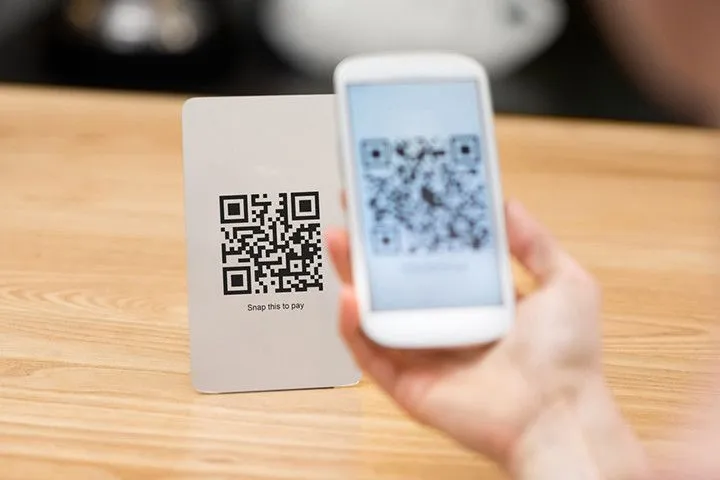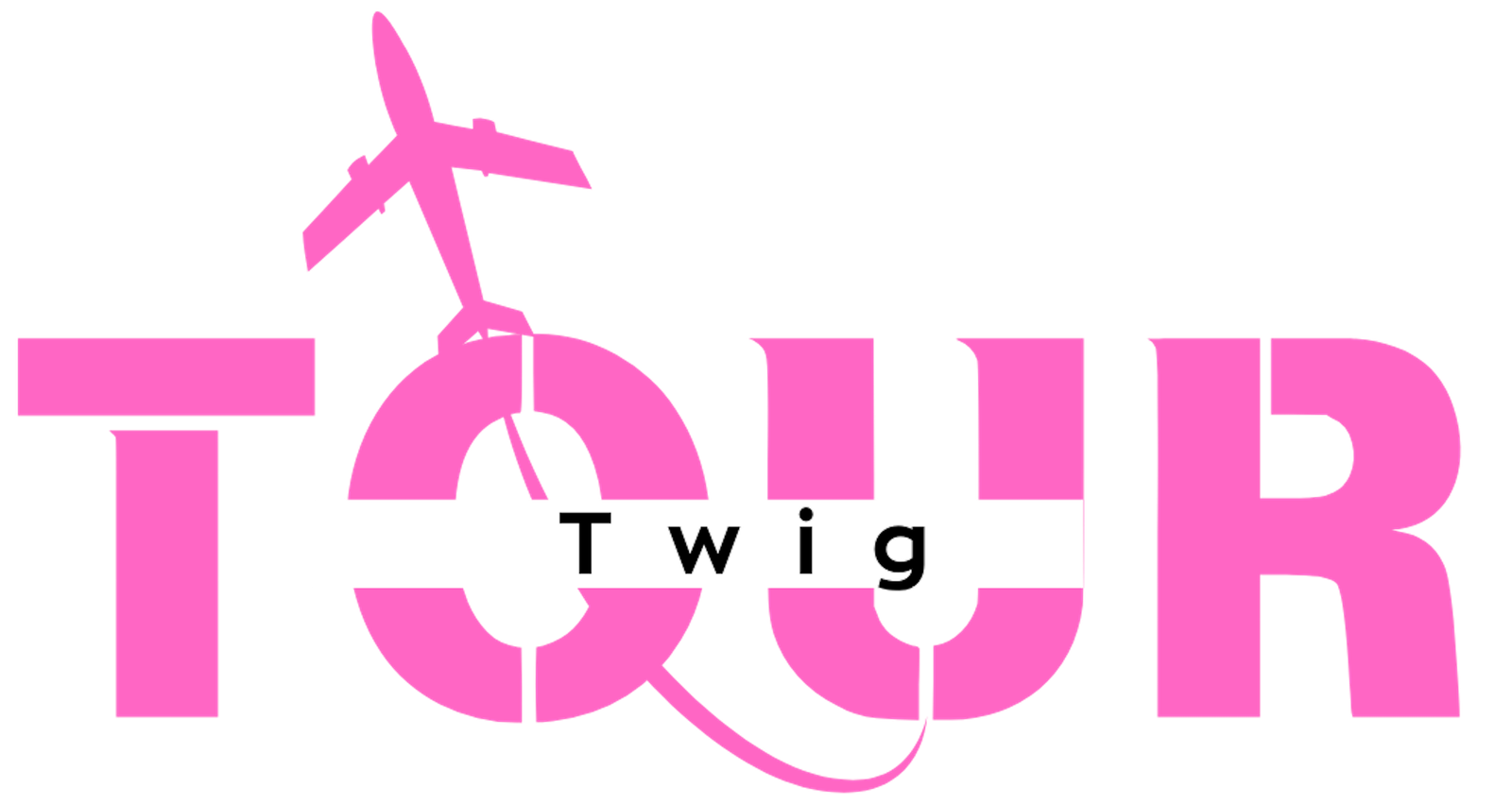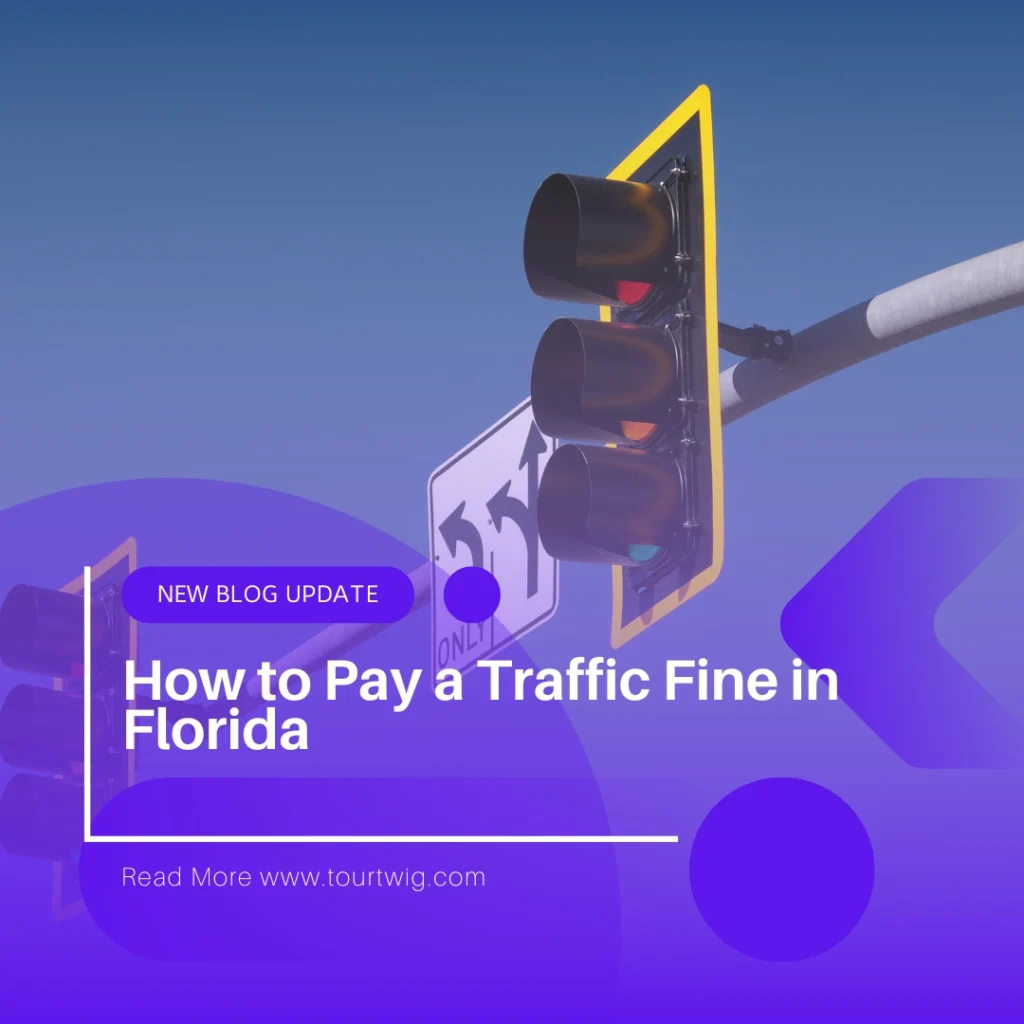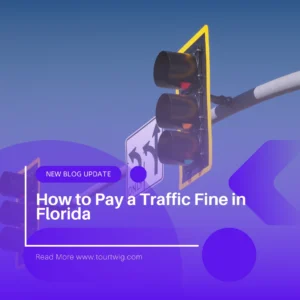Getting a traffic ticket in Florida can be a frustrating experience, but fortunately, paying it doesn’t have to be. Florida offers several convenient options to pay traffic fines, including online, by mail, over the phone, or in person. Understanding the process can help you avoid additional penalties and ensure that your payment is properly recorded. Here’s a comprehensive guide on how to pay your traffic fine in Florida, with tips on each payment method.
Step 1: Understand Your Traffic Citation
When you receive a traffic ticket in Florida, it will include important details such as:
- Type of Violation: Speeding, red light infraction, expired registration, etc.
- Fine Amount: The exact amount owed will be listed on your citation.
- Deadline for Payment: Typically, you have 30 days from the date of the citation to pay the fine or contest the ticket in court.
- Payment Instructions: Information on payment methods and contact details for the county court handling your case.
Reviewing your citation carefully will ensure you don’t miss any deadlines or instructions.
Read more informative blogs.
Step 2: Decide How You Want to Respond to the Ticket
In Florida, you have a few options when it comes to dealing with a traffic ticket. You can:
- Pay the Fine: Accept the violation and pay the fine to settle the ticket.
- Contest the Ticket: If you believe the ticket was issued unfairly, you can request a court hearing to challenge it.
- Elect Traffic School: For certain violations, you can complete a traffic school course to avoid points on your license and possibly reduce your fine.
If you choose to contest the ticket or attend traffic school, follow the instructions on the citation. This article will focus on the steps involved in paying the fine.

Step 3: Choose a Payment Method
There are multiple ways to pay a traffic fine in Florida. You can choose the option that’s most convenient for you:
1. Paying Online
One of the easiest ways to pay a traffic fine in Florida is through the county clerk’s online payment portal. Most counties in Florida offer online payment options, which are convenient and allow for quick processing.
- Locate the Payment Portal: Visit the website for the clerk of court in the county where you received the ticket (e.g., Miami-Dade, Broward, Orange County).
- Enter Your Information: You’ll typically need the citation number or case number, which is on your ticket, as well as your driver’s license number.
- Complete the Payment: Follow the prompts to enter your payment details. Most online portals accept debit and credit cards.
- Confirmation: After payment, you should receive a confirmation number. Keep this as proof of payment in case there are any issues.
Note: Some counties may charge a small processing fee for online payments, usually around 2-3% of the total fine.
2. Paying by Mail
If you prefer traditional methods, you can pay your traffic fine by mail. Be sure to follow these steps carefully to avoid any issues:
- Check the Address: Your citation will have the correct mailing address for the county’s clerk of court.
- Include Required Information: Write your citation number and name on the check or money order to ensure it’s applied to the correct case.
- Avoid Cash: Only send a check or money order payable to the county’s clerk of court. Cash payments are discouraged as they are not traceable.
- Mail-Well in Advance: To avoid missing the payment deadline, mail your payment several days before the due date. Late payments may incur additional fees.
Tip: Consider sending your payment via certified mail to confirm that it arrives on time.
3. Paying in Person
For those who prefer to pay in person, Florida allows you to visit the clerk’s office in the county where the ticket was issued. This method is great for those who want immediate confirmation of payment.
- Locate the Clerk’s Office: Check the address and hours of operation of the clerk of the court’s office on your ticket or the county’s website.
- Bring Proper Identification: Have your driver’s license, ticket, and any other required documents with you.
- Payment Methods: Most clerk’s offices accept cash, checks, debit, and credit cards. Be prepared for a small processing fee if you pay by card.
- Receive a Receipt: Ask for a receipt as proof of payment. This can be helpful if there are any future questions about your fine.
Note: In-person payments might not be possible on weekends or holidays, so plan accordingly.
4. Paying by Phone
Many Florida counties offer phone payment services, which provide a convenient option if you’re unable to pay online or visit in person.
- Find the Payment Hotline: The phone number for payments will be listed on your citation or the county clerk’s website.
- Have Information Ready: You’ll need to provide your citation number, driver’s license number, and payment details.
- Confirmation Number: Request a confirmation number for your records after the payment is processed.
Reminder: A processing fee may apply for phone payments, similar to online payments.
Step 4: Check for Additional Fees or Penalties
If you miss the payment deadline, you may face additional penalties, including late fees or even license suspension. The state of Florida takes traffic fines seriously, and delaying payment can lead to increased fines and complications.
- Late Fees: Each county may charge varying late fees if the payment deadline isn’t met.
- License Suspension: If you fail to pay the fine or contest the ticket, your driver’s license could be suspended, which may require additional fees and a visit to the DMV for reinstatement.
- Collection Agencies: Unpaid tickets may be referred to collection agencies, leading to further fees and possible impacts on your credit score.
To avoid these penalties, make sure your payment is submitted on time and always keep proof of payment.
Electing Traffic School to Reduce Points
If eligible, opting for a Florida-approved traffic school can help you avoid points on your driving record. This option is generally available for minor infractions (not including serious offenses like DUI). Here’s how it works:
- Eligibility: You can elect to attend traffic school once every 12 months and no more than five times in total.
- Traffic School Enrollment: Enroll in a state-approved course and complete it within the deadline provided by the court.
- Submit Completion Certificate: Once finished, submit your completion certificate to the clerk of court to finalize the process.
Benefit: Traffic school may reduce your fine and keep your insurance rates from increasing due to added points.
Frequently Asked Questions (FAQs)
Q1: How long do I have to pay a traffic fine in Florida?
- Answer: You typically have 30 days from the date of issuance to pay your ticket or request a court hearing. Always check your citation for the exact deadline.
Q2: Can I pay someone else’s traffic ticket in Florida?
- Answer: Yes, as long as you have the citation number and driver’s information, you can pay on behalf of another person using any of the available payment methods.
Q3: What happens if I don’t pay my traffic fine?
- Answer: Failing to pay can result in late fees, suspension of your driver’s license, and potential involvement with collection agencies.
Q4: Is there a way to reduce my fine?
- Answer: Completing a state-approved traffic school course may reduce your fine and prevent points from being added to your driving record.
Q5: How do I know if my payment went through?
- Answer: If you pay online or by phone, you’ll receive a confirmation number. For in-person payments, ask for a receipt. For mail payments, you can confirm with the clerk’s office.
Final Thoughts: Keep Your Record Clean
Paying a traffic fine in Florida is straightforward if you understand the process and act quickly. Choose the payment method that works best for you, keep track of deadlines, and consider traffic school if you’re eligible. By following these steps, you can handle your traffic citation efficiently and keep your driving record in good standing.





